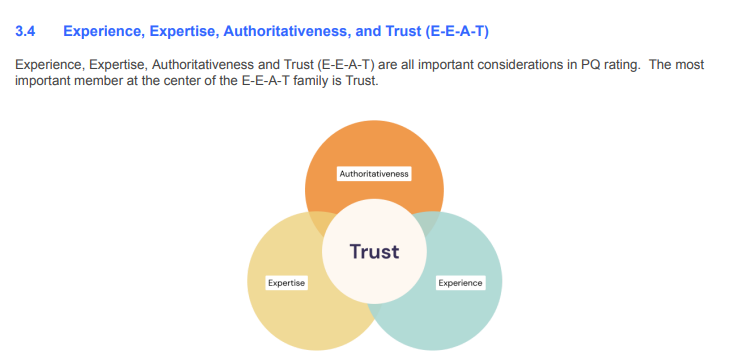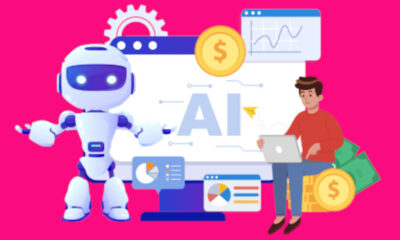Free
Google AI Content Guidelines
Attention SEO experts! Get ready to improve your organic search rankings with the new Google AI content guidelines. We have the inside scoop on how this will impact your SEO strategies.
Written by Amanda Laine and Chris Tweten, the CEO and CMO of Spacebar Collective, this article breaks down everything you need to know about the Google AI content guidelines.
When Google first announced their plans to crack down on AI-generated content, it sparked fear among SEO professionals. But, rest assured, the panic was unnecessary. We now have a more reasonable approach to using AI in our content strategies: rewarding high-quality content, regardless of how it’s created.
Meet Jasper, the AI language model designed to generate top-notch content that meets Google’s standards. However, it’s important to use AI-generated content responsibly and in the right places to avoid penalties.
Google’s stance on AI-generated content is clear: it’s not against the guidelines. In fact, they believe AI can provide valuable information and enhance the user experience. But there are limits. Google will always be against using AI to manipulate search engine rankings and promote deceptive or inappropriate content.
To ensure the quality and accuracy of AI-generated content, human intervention is necessary. Humans bring context and understanding that algorithms can’t replicate yet. By refining the content, we can make it more relevant to search queries.
So, what are you waiting for? Harness the power of AI with Jasper and create amazing content that will boost your SEO. And don’t forget the importance of understanding search intent and producing content that satisfies both Google and your readers.
Curious about what E-E-A-T means in terms of Google’s ranking systems? Let me break it down for you. E-E-A-T stands for expertise, experience, authoritativeness, and trustworthiness. Google values original, high-quality content that embodies these qualities. Expertise refers to the content creator’s knowledge and experience in the topic. Experience measures their skills and understanding. Authoritativeness relates to the content creator’s reputation as a reliable source. And trustworthiness is an overall evaluation of how much the content creator can be trusted. Google introduced E-E-A-T as part of its efforts to assess the quality of web pages.

Now, you might be wondering if AI-generated content can meet these E-E-A-T guidelines and satisfy user search intent. The answer is yes! Google’s AI content guidelines emphasize that as long as the content prioritizes users and demonstrates E-E-A-T, it doesn’t matter who or what produces it. So, even AI-generated content can meet the standards.
But hold on, not every piece of content needs to tick all the E-E-A-T boxes. As long as there’s trust built within the content, it’s possible for it to rank well. However, content that showcases expertise usually has an edge over content that doesn’t.
To strike the perfect balance, combining human insight and experience with AI-generated content is a powerful combination. This not only aligns with Google’s guidelines but also ensures content quality.
Now, you might be concerned about Google penalizing AI content in the future. While it’s true that current AI detection tools have limitations, it’s highly likely that Google will improve its ability to identify AI-generated content. However, based on the new AI content guidelines and the introduction of Bard, it seems Google isn’t aiming to penalize all AI content. The focus is on promoting helpful, trustworthy, and authoritative content, regardless of whether it’s written by humans or AI.
That being said, Google will take action against AI content that’s solely created to manipulate search results. The emphasis is on providing valuable resources to users and identifying low-quality and untrustworthy content. If the internet becomes flooded with inaccurate and irrelevant AI content, Google will make significant changes to ensure users find valuable information from reliable sources. The impact of GPT-3 on SEO is evident, and Google will continue to adapt to future iterations of AI tools.
So, rest assured, Google’s greenlight for AI-generated content is a positive step towards an AI-assisted SEO landscape. As long as AI content adheres to the E-E-A-T guidelines, it aligns with Google’s standards. Keep in mind that Google aims to reward high-quality content, regardless of its AI origin. So, if you’re using AI to create content, make sure it meets the E-E-A-T criteria.






























